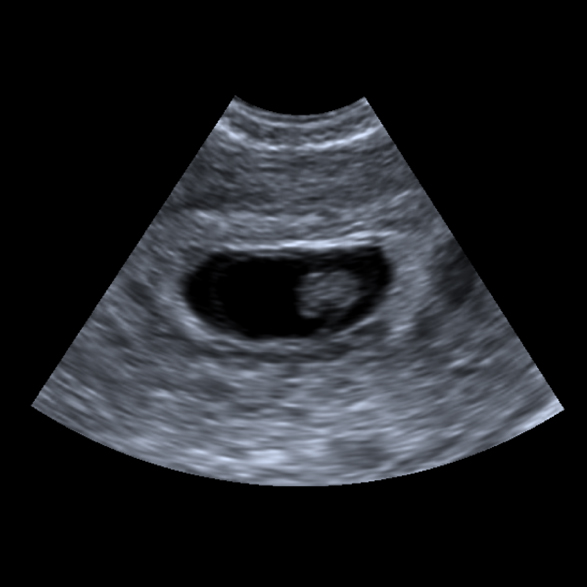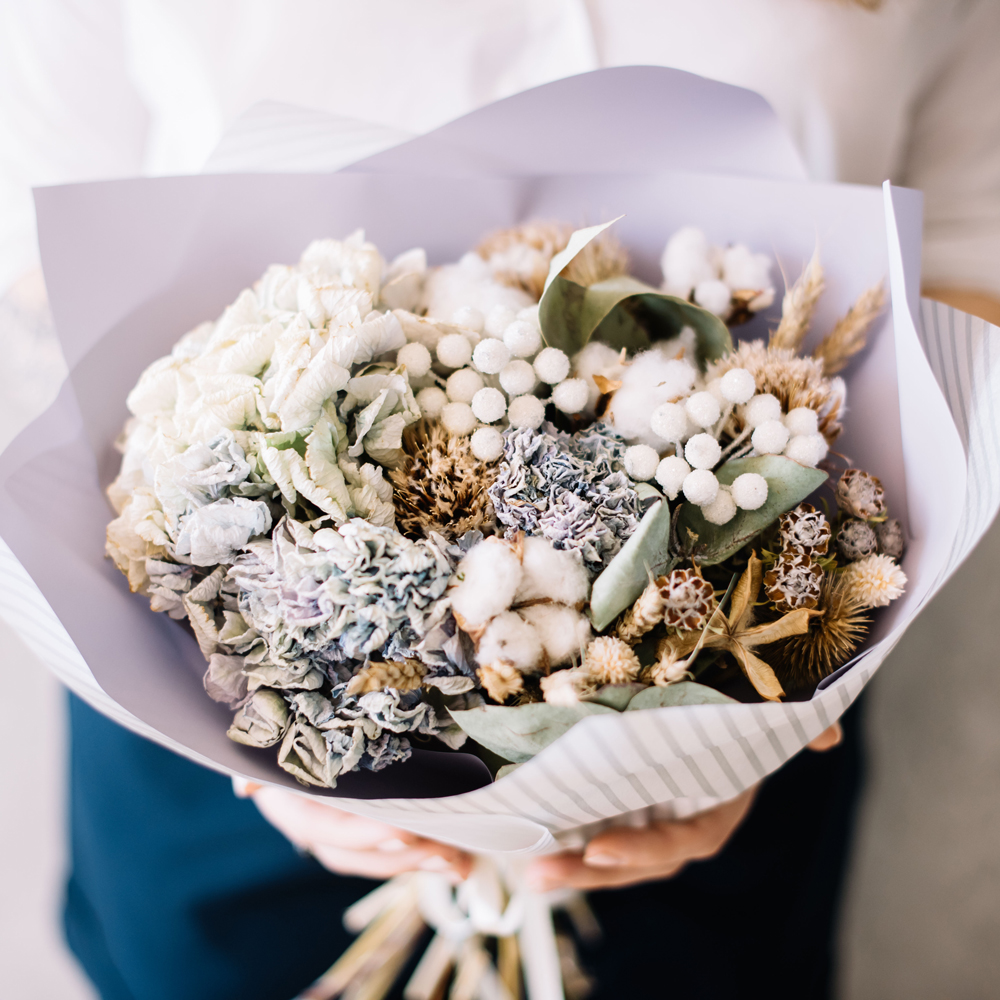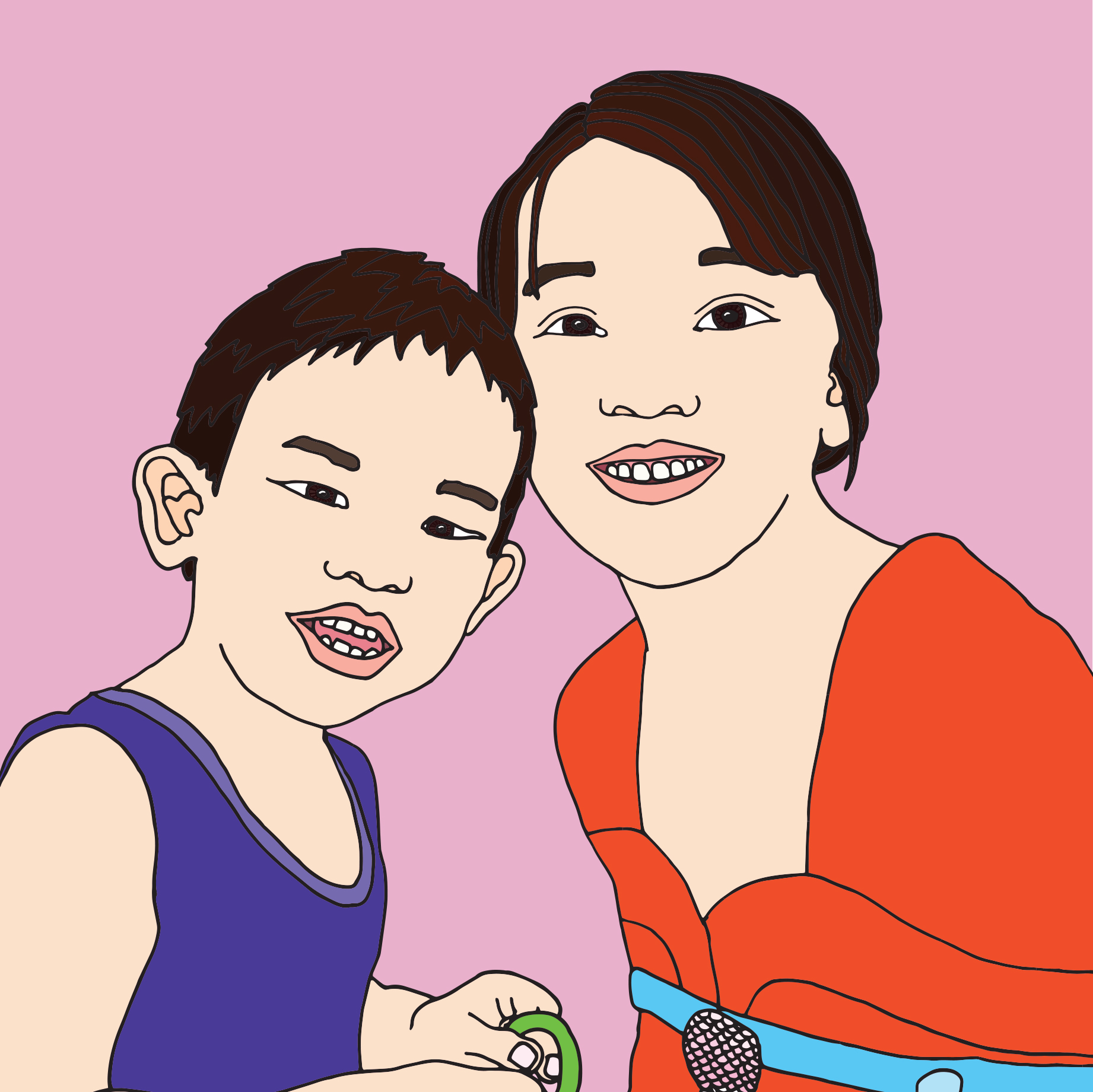What You Need To Know About Loss

Baby Loss Awareness Week takes place on October 9th to 15th every year to give bereaved parents and whānau the opportunity to come together, remember their babies, raise awareness and share their experiences of loss.
We asked four māmā who have experienced loss what they want others to know. Here’s what they told us:
After my first pregnancy ended very messily and very publicly on a date I can’t forget (I passed the foetus on my parents’ bathroom floor then haemorrhaged in the hospital emergency department, on my birthday), it destroyed me. It took many months before we were ready to try again, and when I did fall pregnant again, I was completely unprepared for the overwhelming fear and anxiety. I didn’t enjoy one moment of the pregnancy and spent the entire time anticipating the worst. Only once my new baby was finally safe in my arms did I relax.
Admitting these feelings to friends was difficult, but the more I shared, the more I realised I wasn’t alone.
So, if there’s one thing I want women to know about pregnancy after loss, it’s that it’s OK if you don’t enjoy it and it’s OK if you’re gripped with fear and anxiety. These feelings are very normal, and you’re not alone. It doesn’t mean you’re any less grateful or a “bad” parent; in this situation, it IS about the destination and not the journey.
Kym
I was absolutely devastated when I miscarried in the sixth week of my pregnancy and was surprised that my grief came out as anger. So many well-meaning people I was close to said things like “it was nature’s way” or “my body knew what it was doing”. While this may have been true, it made me feel more isolated and confused about my grief. I also struggled when people asked me how far along, I had been, as if that should equate to the depth of the loss. I want people to know that miscarriage is a real loss, no matter the gestation of the baby. Everybody experiences the loss differently and it’s not just the mother or father, grandparents or siblings may feel the loss too.
Bryony
I had three miscarriages and one chemical pregnancy after 9 IUIs, 4 rounds of IVF, and 8 embryo transfers.
For me the biggest loss wasn’t the miscarriages themselves, it was coming to terms with the fact that I will never give birth and I will never have a biological child. That loss I sense I will struggle with for some time if not forever. It’s the loss of the dream, the expectation, the only thing I ever wanted and was sure would happen growing up.
Now that my wife has completed our family with our beautiful 2.5-year-old boy and one week old baby girl, it gives me the ability to move forward away from my anger and sadness and toward peace and happiness.
Emily
There’s still a real taboo around talking about miscarriage, which can leave māmā feeling alone and isolated. If you have a friend or family member who has experienced loss, in my opinion it’s better to say ‘I don’t know what to say’ than say nothing at all. Just say something. Ask them how they’re doing. Ask them if they’d like to talk about it. A coffee and a kōrero, or if they’re not up to that, a txt telling them you’re there when they’re ready, can make all the difference.
Claudia



